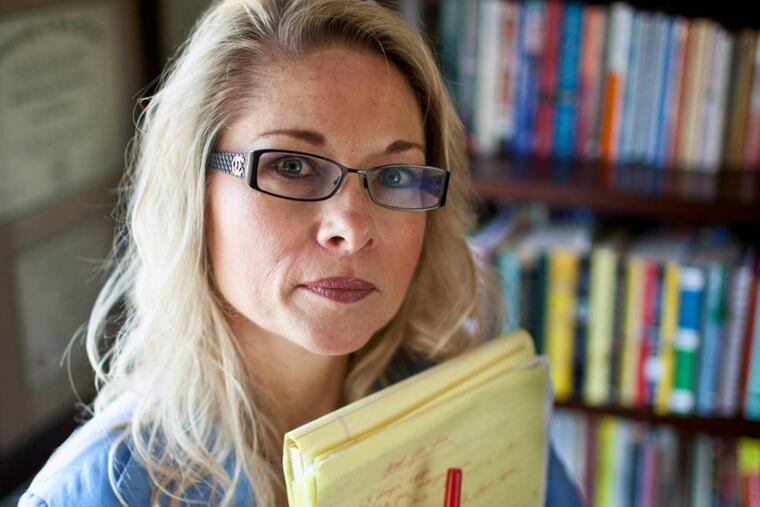Time to restore teachers' rights
By David R. Osborne Freedom of speech is a principle deeply rooted in American law and culture. Throughout our history, few liberties have been more cherished. Yet for decades, every Philadelphia public school teacher has faced an unjust workplace ultimatum that violates this core value: Send money to a union or find another job.

By David R. Osborne
Freedom of speech is a principle deeply rooted in American law and culture. Throughout our history, few liberties have been more cherished. Yet for decades, every Philadelphia public school teacher has faced an unjust workplace ultimatum that violates this core value: Send money to a union or find another job.
Across Pennsylvania, thousands more teachers and other public-sector workers face the same demand. Regardless of whether they support a union's policies or principles, teachers are forced to invest part of their salary in the union's priorities. But this could soon change.
Today, the U.S. Supreme Court will hear oral argument in Friedrichs v. California Teachers Association - a case that could restore true freedom of speech and association to teachers long living under coercion. And "long" in this case means nearly 40 years.
In the late 1960s, a group of Detroit public school teachers learned that their teachers' union had negotiated a deal to take their money even though they weren't union members. The union claimed it was merely collecting a "fee" for representing the nonmembers. This fee was the same amount as full membership dues. Worse, the union was using the money to promote political causes unrelated to representation.
Understandably concerned, the teachers filed a lawsuit to stop the union from taking their money. They argued that the First Amendment should protect them from being forced to support the union - or its pet political projects - against their will.
That lawsuit, Abood v. Detroit Board of Education, went all the way to the U.S. Supreme Court. In 1977, the court ruled that the teachers could be forced to pay for the union's services, but only if the union reduced the fee amount and stripped out any expenses related to purely political activities.
The ruling was widely viewed as a compromise between competing principles: Forcing teachers to associate with a union violates the First Amendment, but states can achieve "labor peace" by requiring nonmembers to forfeit their money to a union.
In the following decades, this compromise proved almost impossible to implement. Instead, Abood birthed even more thorny questions: Who should identify "political" activities for which nonmembers can't be charged? How can nonmembers verify that fee calculations are accurate? How can a union be held accountable for violating the law?
In nearly every case, these questions have been resolved in the unions' favor. The supposed compromise quickly devolved into an injustice for teachers and other public employees who don't want to support a union.
Fast-forward to 2015, when a group of California teachers - Rebecca Friedrichs chief among them - asked the Supreme Court to revisit its Abood compromise. Just like the Detroit teachers 40 years ago, Friedrichs believes no one should be forced to financially support a private organization as a condition of employment. Specifically, she argues that union fees, like full union dues, are ultimately used for political aims.
She is right. Unions regularly use these fees to influence how public money is spent, an inherently political act.
Consider the simple matter of teachers' employment benefits. Although we all want teachers to be well-compensated, any increase in teachers' benefits requires a tradeoff in finite tax dollars. The rising cost of health benefits, for example, means that teachers must lose a portion of their salaries, taxpayers must pay more to compensate, or critical funds must be rerouted from classrooms or other school activities.
That's a decision of political and moral significance, and teachers should not have to fund the union's position under threat of firing. Unfortunately, in 25 forced-union states today, teachers don't have this freedom.
If the court rules in Friedrichs' favor and strikes down mandatory fees, labor unions will once again have to prove to their customers - public employees - that they are providing a service worth paying for. And teachers will once again enjoy the constitutional rights they have been denied for far too long.
David R. Osborne is president and general counsel for the Fairness Center. david@fairnesscenter.org